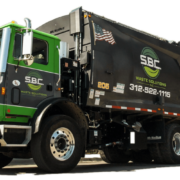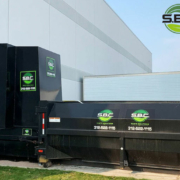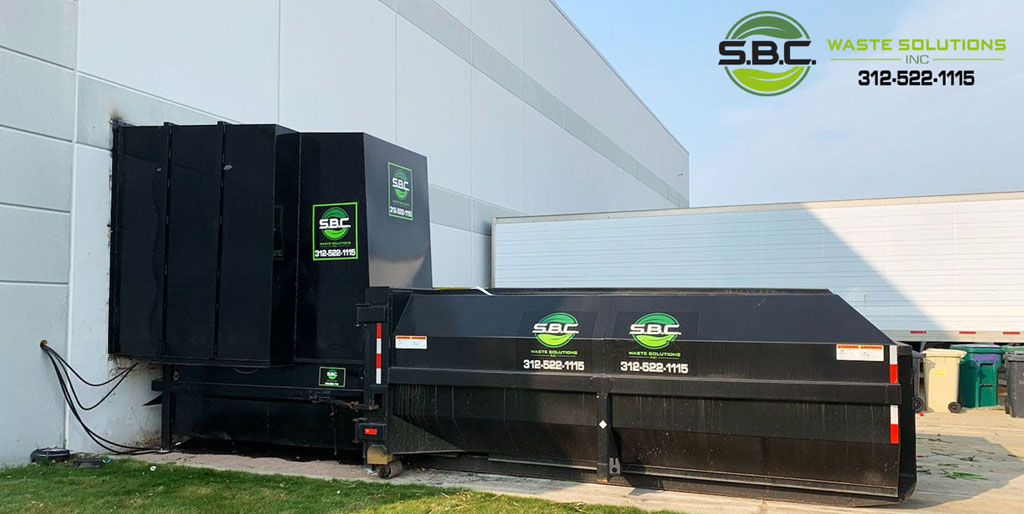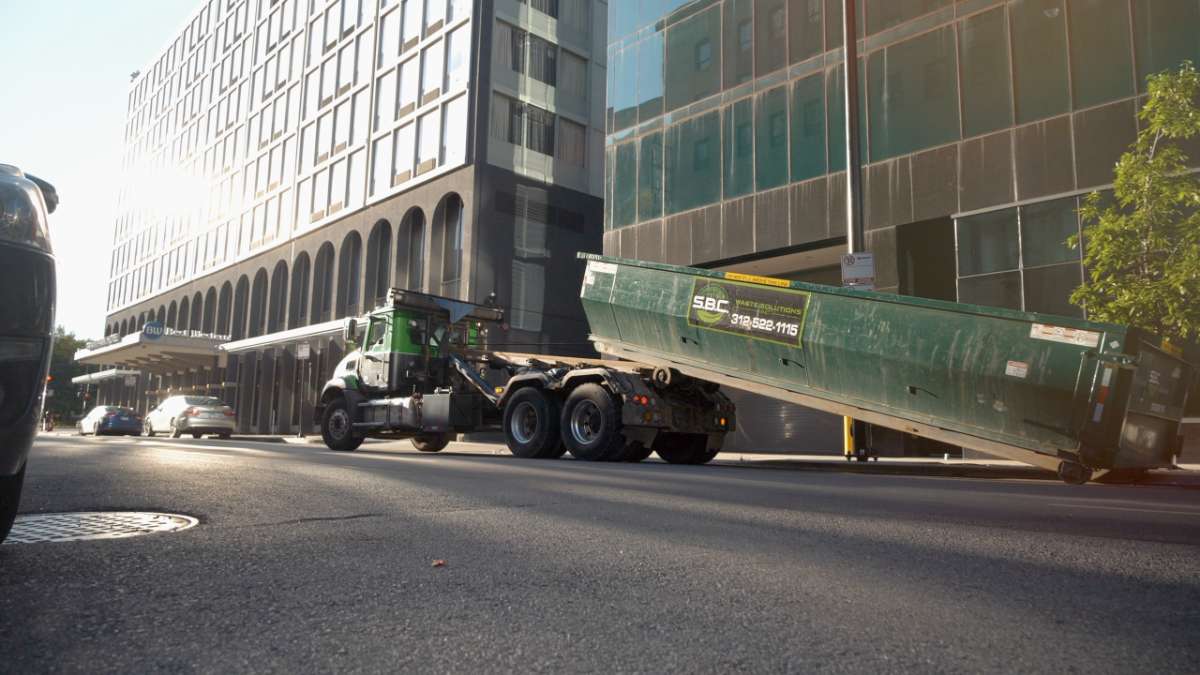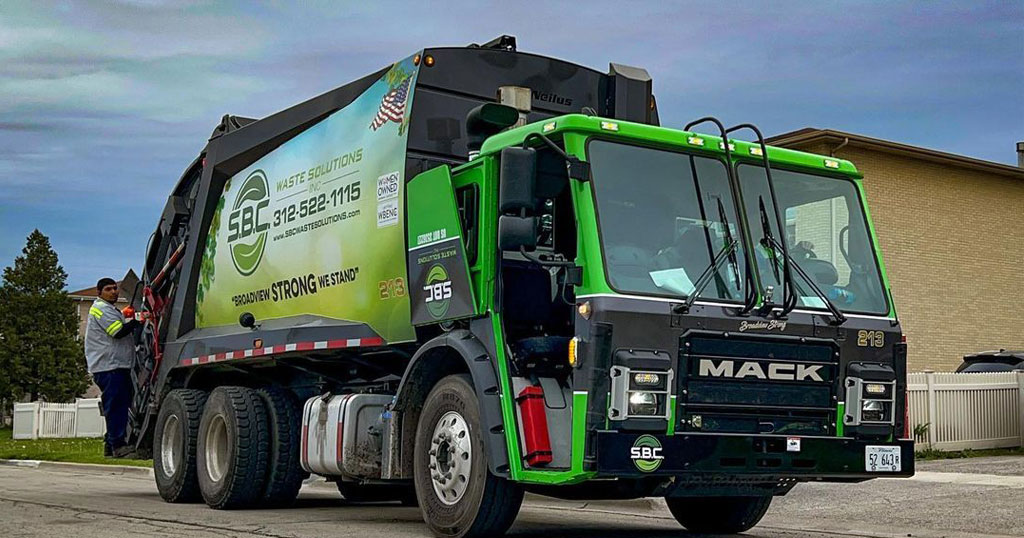Rent A Dumpster Near Me
A Comprehensive Guide to Rent a Dumpster Near Me
Are you tired of having to figure out how to dispose of your waste when you are remodeling a room, clearing out an abandoned property or doing any other large-scale project? You may feel overwhelmed by the pile up that is quickly growing and not sure where to go next. But don’t worry! Renting a dumpster can simplify your life significantly, streamlining this process so it doesn’t become overwhelming. By getting informed on the dos and don’ts involved to rent a dumpster near me, you’ll have all the necessary tools for successful waste disposal needs. To help set yourself up for success with this important task, check out our comprehensive guide on renting a dumpster near you – complete with tips on what kind of materials can be disposed of and more!
What is a Dumpster Rental and How Does it Work
A dumpster rental is a service provided by waste management companies which allows you to rent a large steel waste container, referred to as a ‘dumpster’. The process is relatively straightforward. First, you select the size of the dumpster that fits your waste disposal needs, which the company then delivers to a location of your choice. You fill the dumpster with your waste material over the course of your rental period, which can range from a few days to a few weeks, depending on your project. Once the dumpster is full or your rental period ends, the company collects the dumpster and appropriately disposes of the waste. This service makes the disposal of large volumes of waste during major projects significantly more manageable, ensuring a cleaner, safer work environment.
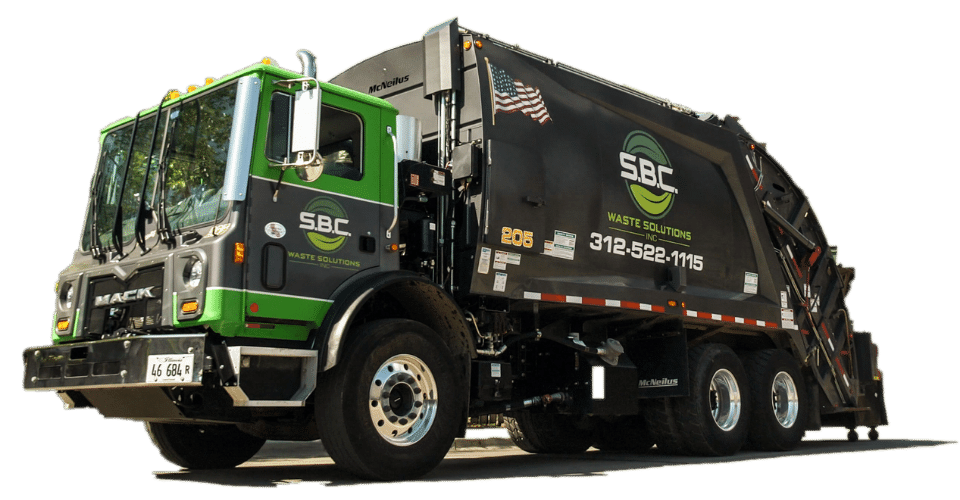
Renting a Dumpster
Benefits of Renting a Dumpster for Your Waste Disposal Needs
Renting a dumpster offers a multitude of benefits for your waste disposal needs. Here are a few key advantages:
- Efficiency: A dumpster rental allows you to dispose of waste from your project at your convenience, negating the need for countless trips to the landfill. It also provides a central location to collect all waste materials, improving the overall organization and efficiency of your project.
- Versatility: Dumpsters can accommodate a wide variety of waste materials, from construction debris to household junk. This flexibility makes them suitable for a broad spectrum of projects.
- Cost-effective: In many cases, renting a dumpster can be more economical than other waste disposal methods. It consolidates the transportation costs associated with multiple trips to the dump, and many rental services include the cost of disposal in the rental fee.
- Safety: Having a designated space for waste can help prevent accidents on the project site by keeping the area clear of debris.
- Environmentally Friendly: Many dumpster rental companies sort through the collected waste and recycle eligible materials, contributing to a more sustainable waste disposal process.
Tips for Choosing the Right Size and Type of Dumpster
When renting a dumpster, selecting the appropriate size and type is crucial. Here are some tips to guide you:
- Assess Your Waste: Take a closer look at the material you will be disposing of. If you’re dealing with construction debris, you might need a larger dumpster than if you’re simply clearing out household junk. Also consider the weight of the materials, as heavier items may require a dumpster designed to handle such loads.
- Size Matters: Dumpster sizes are typically measured in cubic yards. Common sizes are 10, 20, 30, and 40 cubic yards. Choose a size based on your project needs. For instance, a 10-yard dumpster is suitable for small tasks like cleaning out a garage, while a 40-yard dumpster is ideal for larger construction or renovation projects.
- Choose the Right Type: There are different types of dumpsters catered to specific needs. Roll-off dumpsters are great for construction debris and large items, while front-load or rear-load dumpsters, often used by businesses for everyday waste, are better for lighter materials.
- Consider Local Regulations: Your location may have regulations about what can be placed in a dumpster or the maximum size dumpster that can be rented. Ensure you are aware of these before making your decision.
- Ask for Expert Advice: When in doubt, consult with your dumpster rental company. They have the expertise to guide you to the most effective and efficient option for your waste disposal needs.
Remember, it’s better to rent a larger dumpster than you think you’ll need, as overloading a dumpster can result in additional charges.
Pros & Cons of Different Types of Dumpsters
When choosing a dumpster for your project, it’s important to consider the pros and cons of each type to ensure you select the most suitable option. Here’s a brief overview of some common types of dumpsters:
Roll-Off Dumpsters
Pros:
- Roll-off dumpsters are large and open, making them perfect for construction or renovation projects with bulky waste.
- They are delivered and collected using a roll-off truck, meaning they can be placed in various locations.
- These dumpsters are available in a variety of sizes, catering to a range of project needs.
Cons:
- Due to their size, roll-off dumpsters may not be suitable for smaller projects or locations with limited space.
- The rental rate can be higher compared to other types due to their size and capacity.
Front-Load Dumpsters
Pros:
- Front-load dumpsters are ideal for businesses that generate a consistent amount of waste but require a compact solution.
- These dumpsters are designed for regular collection, making them suitable for ongoing waste management.
- Their design allows them to fit in smaller spaces, which can be advantageous for cities or businesses with space restrictions.
Cons:
- They have a smaller capacity, which may not be sufficient for larger projects or heavy-duty waste.
- They are not typically available for short-term rental, making them less suitable for one-off projects.
Rear-Load Dumpsters
Pros:
- Like front-load dumpsters, rear-load dumpsters are compact and ideal for businesses with regular waste disposal needs.
- Their design allows easy access for waste collection, even in tight spaces.
Cons:
- They have a smaller capacity, making them less suitable for larger projects.
- Their design requires specific collection vehicles, potentially limiting their availability in some areas.
Remember, each project is unique and the “best” dumpster type will vary based on the specific needs of the project. Always consult with your dumpster rental provider to ensure you select the correct type and size for your needs.
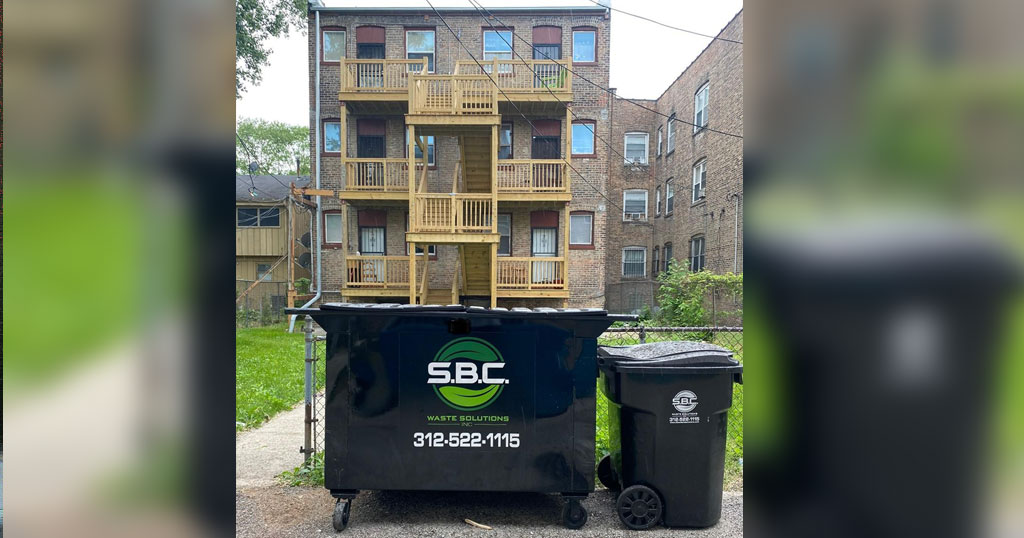
Front Load Dumpster
What Can (and Cannot) Be Disposed of in a Dumpster
When renting a dumpster, it’s crucial to understand what materials can be safely disposed of. This not only helps to ensure a smooth waste disposal process, but also prevents potential environmental harm and legal violations.
Permitted Materials:
- General Household Junk: Items such as furniture, toys, and clothing can usually be placed in a dumpster.
- Construction Debris: This includes materials like wood, drywall, metal, and concrete.
- Yard Waste: Leaves, grass clippings, small branches, and similar types of organic waste are typically accepted.
However, not all materials are suitable for dumpster disposal. Certain items pose environmental hazards or require special disposal methods.
Prohibited Materials:
- Hazardous Waste: This includes items such as motor oil, pesticides, and certain cleaning supplies.
- Electronics: Many areas prohibit the disposal of electronics, like computers and televisions, in dumpsters due to the harmful substances they can contain.
- Large Appliances: Refrigerators, air conditioners, and other large appliances are often not permitted due to refrigerants they may contain.
- Tires: Most dumpster rental companies prohibit the disposal of tires in a dumpster.
Always consult with your dumpster rental company about what can and cannot be disposed of in your rented dumpster to avoid additional fees and potential legal consequences. Remember, regulations may vary based on your location and the specific dumpster rental company.
Dumpster rental is an effective solution for quickly getting rid of large volumes of waste. Consider factors like size, type, and local regulations when choosing. Know what materials are suitable for disposal to avoid extra charges or legal issues. Consult your rental company for guidance. With the right dumpster and provider, you can ensure efficient waste disposal for any project.
https://www.google.com/maps?cid=4180240075447051620

